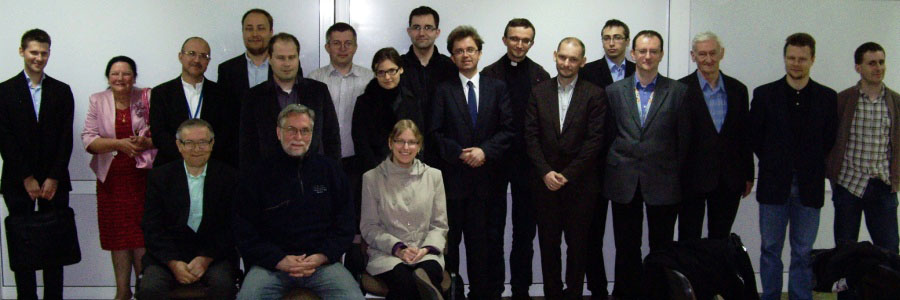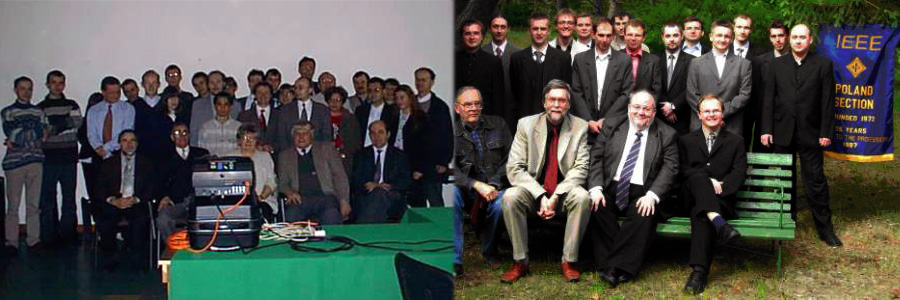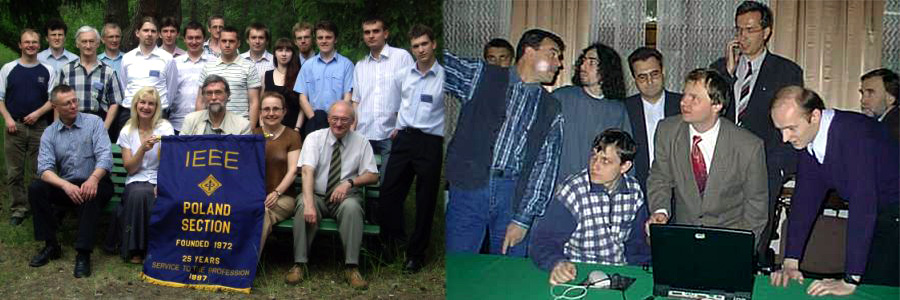











Manufacturing Stretchable Conductive Interconnects on Fabric Substrates. Development of a Technology.
The paper includes description of a novel approach for producing stretchable, conductive interconnects for wearable electronics. At first the current state-of-the-art and market solutions were reviewed, and then we described our optimization of the composition of conductive pastes used in the screen printing technology. Namely, the ratios of TPU (Thermoplastic Polyurethane) dissolved in DMF (Dimethylformamide) as a carrier were empirically optimized, followed by adding silver flakes as a filler. To test the quality of the final paste, a number of tracks were printed on 100% cotton fabric substrate. Changes in the electrical resistance were measured while the samples were stretched, twisted, soaked, and washed. Despite being pushed to the limits of the substrate physical capabilities, printed interconnects still retained their conductive properties, with electrical resistance increasing by no more than 10x relative to initial, very low resistances of a few ohms, and then decreasing over time. We have also discovered that ironing the samples did not destroy the tracks. Instead, the ironing process regenerated them, and their electrical resistances returned to initial values or even decreased. The method described in this paper is innovative because it enables printing directly onto textiles and the usage of a non-synthetic textile substrate while still retaining robustness in electrical conductivity.
Keywords: stretchable electronics, wearable electronics, textronics
Author: Marcin Zych









